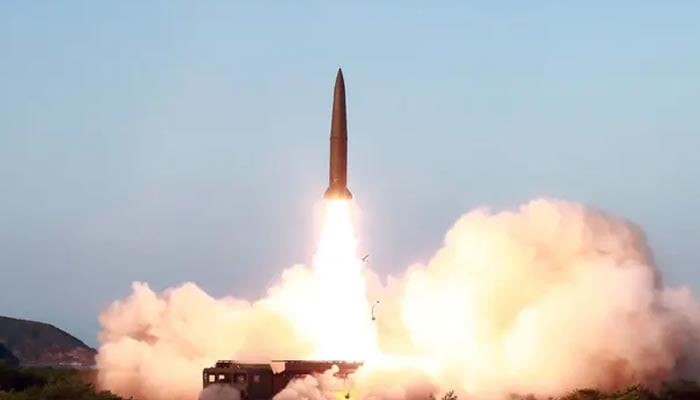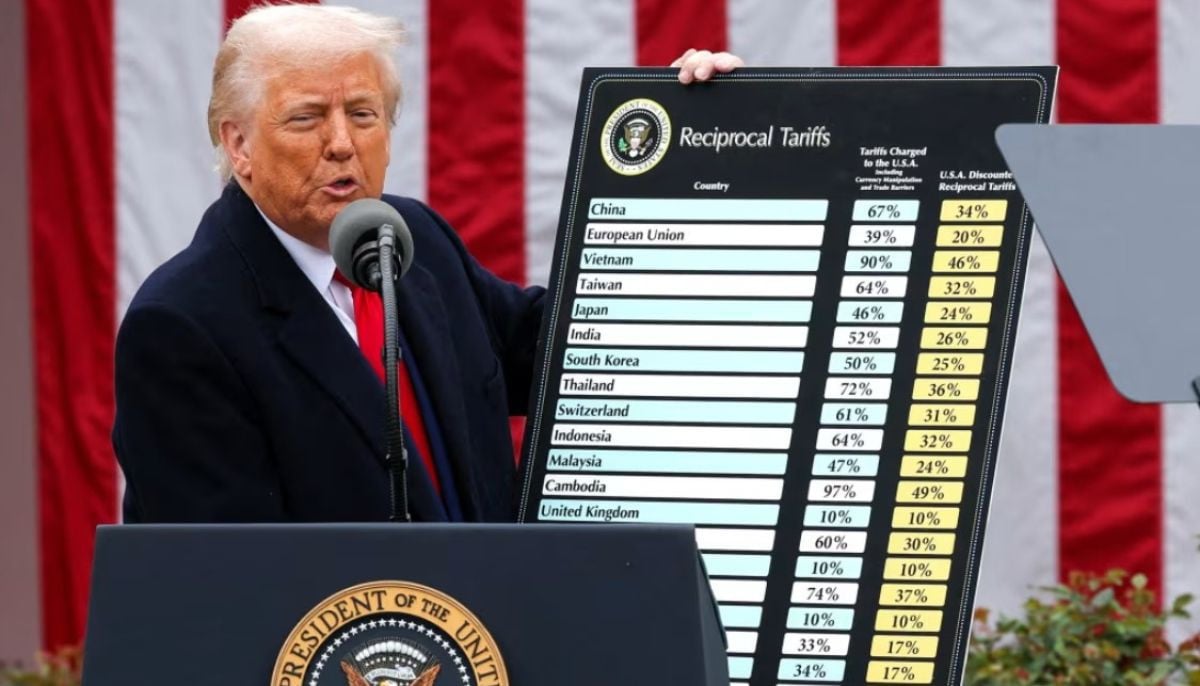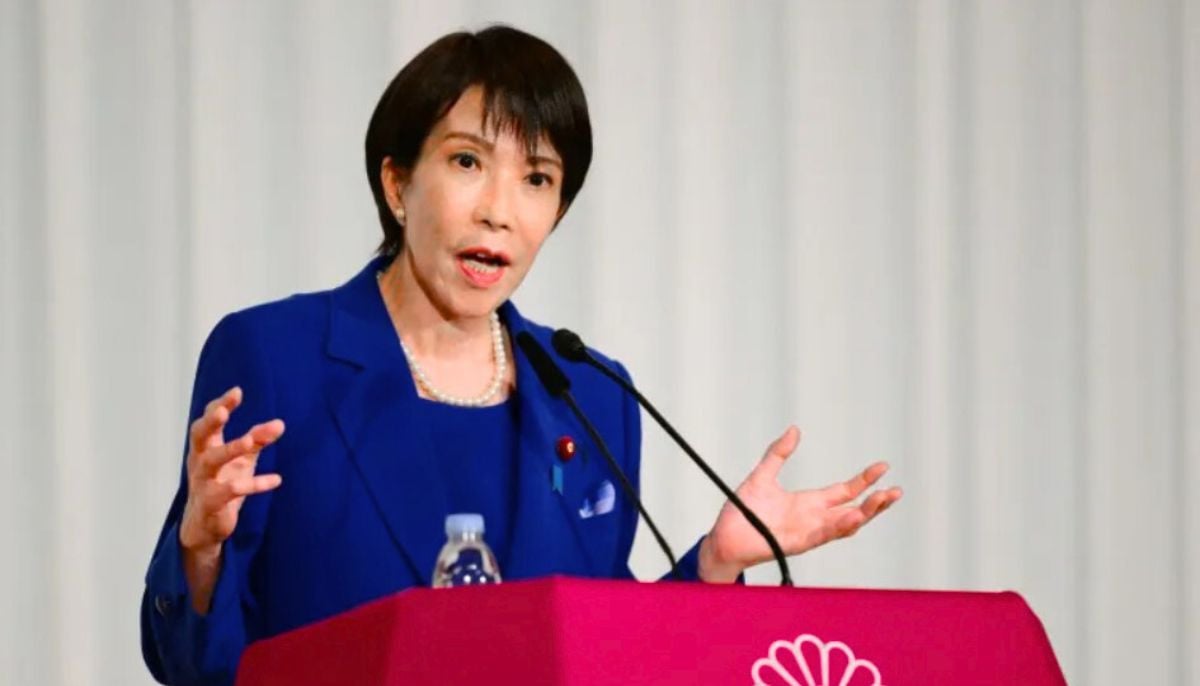North Korea fires two ballistic missiles: South's military
The launch comes as South Korea and the US conclude 12 days of amphibious naval joint military drills
SEOUL: North Korea fired two short-range ballistic missiles on Friday, the South's military said, the latest in a blitz of launches that Washington and Seoul have warned could culminate in Kim Jong Un conducting another nuclear test.
The launch comes as South Korea and the US conclude 12 days of amphibious naval joint military drills, and just ahead of the Monday start of major combined air drills that will involve more than 200 US and South Korean fighter jets.
Such drills infuriate Pyongyang, which sees them as rehearsals for invasion and has repeatedly justified its blitz of missile launches as necessary "countermeasures" to what it deems US aggression.
South Korea's military said it had "detected two ballistic missiles fired from the Tongchon area in Gangwon between 1159 (0259 GMT) and 1218," it said, referring to a province on North Korea's east coast.
"Our military has increased monitoring and surveillance and is maintaining a full readiness posture in close coordination with the US," Seoul's Joint Chiefs of Staff said in a statement.
With talks long-stalled, tensions on the peninsula are at their highest point in years, with North Korean leader Kim Jong Un last month declaring his country an "irreversible" nuclear power, effectively ending negotiations over his banned weapons programmes.
Officials in Washington and Seoul have been warning for months that Kim is ready to conduct another nuclear test, which would be the country's seventh — and the first since 2017.
On Tuesday, South Korean President Yoon Suk-yeol said it appeared Pyongyang had "already completed preparations for a seventh nuclear test", he told parliament.
On Wednesday, the United States, Japan and South Korea said that a North Korean nuclear test would warrant an "unprecedentedly strong response", vowing unity between the regional security allies.
North Korea has this month fired multiple artillery barrages into a maritime "buffer zone" that was set up in 2018 as a way of reducing tensions with the South during a period of ill-fated diplomacy.
It also announced it had staged what it called "tactical nuclear drills" that simulated showering the South with nuke-capable missiles.
And on Monday, a North Korean ship reportedly crossed the two countries' flashpoint maritime border, prompting an exchange of warning shots.
North Korean state media has also recently carried a rare series of statements from the country's military condemning the "enemy's war drills" and calling for them to stop.
'Provocations'
It is all part of a dramatic increase this year in what Seoul calls "provocations" by the North, including conducting its longest-ever missile launch by distance, which overflew Japan and prompted rare evacuation warnings.
In response, Seoul has conducted live-fire drills, and the US re-deployed a nuclear-powered aircraft carrier to the region to conduct large-scale trilateral drills also involving Tokyo.
Analysts say Pyongyang's confidence that gridlock at the United Nations will protect it from further sanctions has emboldened it to step up its weapons testing.
At a recent UN Security Council meeting to discuss Pyongyang's launch over Japan, North Korea's longtime ally and economic benefactor China blamed Washington for provoking the spate of missile tests.
The Security Council has been divided on responding to Pyongyang's nuclear ambitions for months, with Russia and China on the sympathetic side and the rest of the council pushing for punishment.
Kim has made developing tactical nukes — smaller, battlefield-ready weapons — a priority, and Seoul recently warned the North could be preparing to conduct multiple consecutive nuclear tests as part of this drive
-
Teacher arrested after confessing to cocaine use during classes
-
Milo Ventimiglia recalls first meeting with Arielle Kebbel on the sets of 'Gilmore Girls' amid new project
-
Leading astrophysicist shot dead at southern California home
-
Will Savannah Guthrie ever return to 'Today' show? Here's what insiders predict
-
Amazon can be sued over sodium nitrite suicide cases, US court rules
-
Patrick Dempsey reveals Eric Dane's condition in final days before death
-
Epstein estate to pay $35M to victims in major class action settlement
-
South Korea’s ex-President Yoon issues public apology after being sentenced to life over martial law












